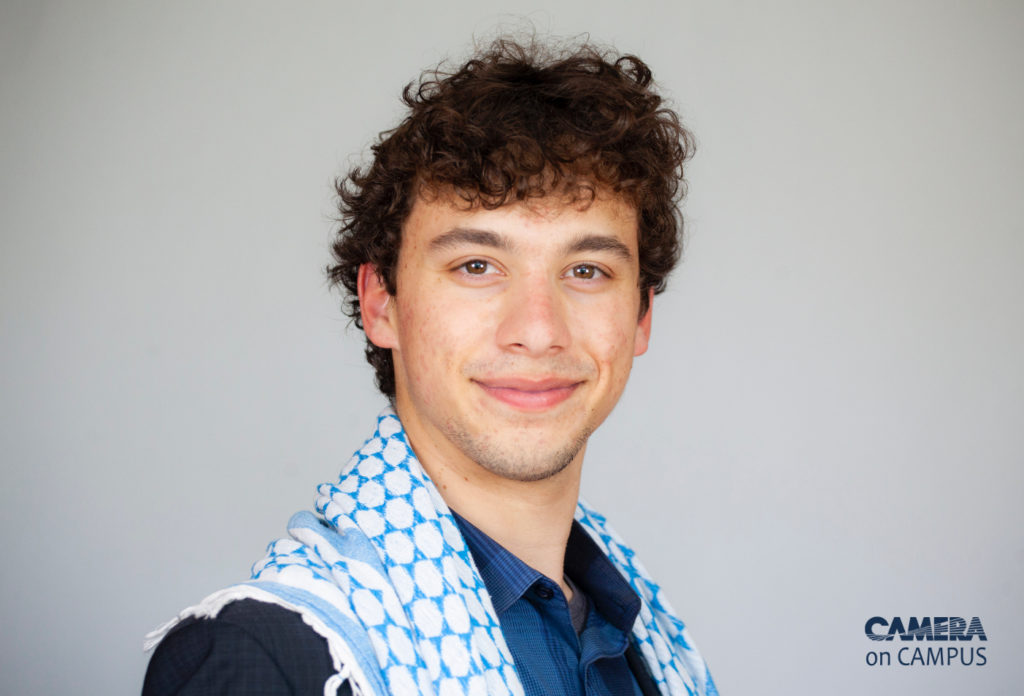
As a progressive, I’ve been involved in social activism for as long as I can remember. From beach cleanups in middle school to protests in high school to physically threatening public events in college, I’ve spent my life standing in solidarity with those most negatively affected by social injustice. With all that said, I am a staunch supporter of the State of Israel and believe every self-identified progressive should be, too.
As I have written before, the Jewish people are not just a religion but an ethnoreligious group, one that is indigenous to Judea (the modern-day West Bank). This has been proven by genetic, archaeological, and historical findings. The crux of this issue, however, is legal: despite the United Nations calling the West Bank “occupied territories,” the United Nations Declaration on the Rights of Indigenous Peoples applies to Jews with surprising accuracy. The declaration defines indigenous rights as those “which derive from their political, economic and social structures and from their cultures, spiritual traditions, histories and philosophies, especially their rights to their lands, territories and resources.”
The political and economic structures that Jews share are the Jewish Agency, which was responsible for the legal, internationally recognized purchase of the land that now encompasses the State of Israel, and other such groups under the umbrella of the World Zionist Organization. Jewish social institutions include community centers, synagogues, and Jewish federations. Jewish influence on history, philosophy, and religious scholarship needs no introduction.
“…I am a staunch supporter of the State of Israel and believe every self-identified progressive should be, too.”
Included in the category of indigenous Jewish institutions is the land from which Jews get their name: the Kingdom of Judah, later known to the Romans as Judea (6-135 CE). The same archaeological evidence that points to Jewish indigeneity to Israel does so specifically to the ancient Kingdom of Judah, i.e., the modern-day West Bank, not the Green Line.
The Jewish claim to the land is persuasive: the mayor of the settlement of Efrat, Oded Revivi, has written in the Jerusalem Post that the legality of Israel’s founding and settlement “was determined by the League of Nations (1920), the San Remo agreements (1920) and the British Mandate, in addition to being approved by the US Congress (1922),” in addition to the Balfour Declaration in 1917. This argument, as of 2019, seems to have been accepted by the United States. Across the political spectrum, one cannot argue against the legitimacy of international law, and no progressive can deny the importance of indigenous peoples’ rights.
Today, I am inspired by my Zionist views to invest in progressive causes, most notably assistance to refugees and asylum seekers. I have interned at the African Refugee Development Center in Tel Aviv, Israel, which helps asylum seekers from across the African continent adjust to the difficulties of migration to a foreign country, from finding jobs to applying to universities. I have also donated to charities such as GiveDirectly, a universal basic income experiment for African families below the poverty line. I am inspired to stand in solidarity with refugees and fight for minority rights; Jewish rights matter to me as much as the rights of all other minority groups.
Originally published in The Algemeiner.
Contributed by 2019-2020 San Francisco State University CAMERA Fellow Daniel Yeluashvili.

